HOW KCCA SCHOOLS ARE INNOVATING TO IMPROVE SANITATION
PUBLISHED — 24th, June 2022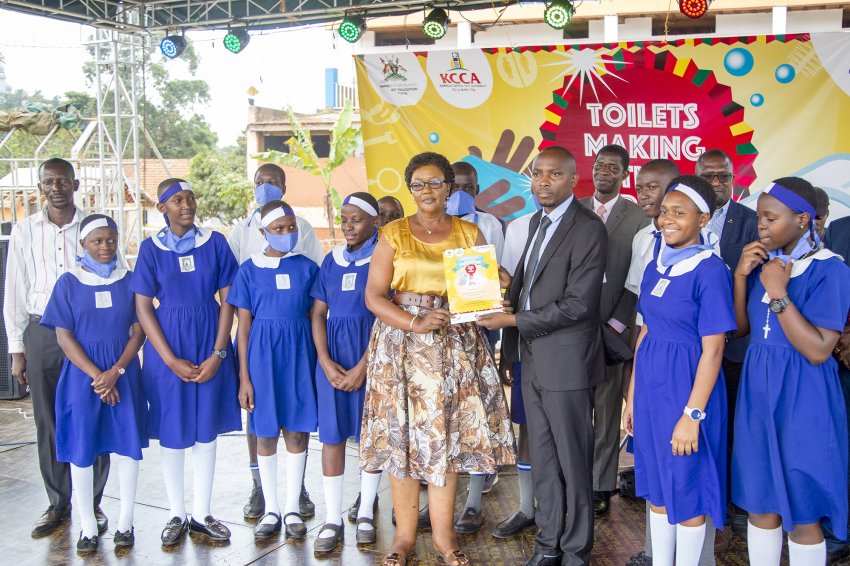
In most places around Kampala when you visit a toilet, it is normally a quiet place and the only noise you are likely to hear is the flushing water. This is not the same at Nakivubo Blue Primary School in Central Division where the school has introduced music in its toilets.
The head teacher of Nakivubo Blue Primary school, Agnes Mugisha, says the school composed a song which contains Water, Sanitation and Hygiene messages that keep playing in all the toilets.
“The song has messages like steps of washing hands, importance of drinking safe water, cleaning the toilet among others. It is aimed at teaching the pupils best hygiene practices,” Mugisha says.
She reveals that this innovation is helping improve sanitation and hygiene among learners at school. “We started this a year ago and the children are enjoying it. It’s their song and the messages are very clear. With this innovation we are seeing an improvement in their behaviors on toilet use and general hygiene practices,” Mugisha says.
This is not the only innovation aimed at improving sanitation at the school, but also the school has established a Sanitation Court managed by the pupils. The court penalizes those found abusing sanitation regulations in the school. Nakivubo Blue is among the five schools in Kampala that have been selected as the 2022 model schools for sanitation after demonstrating their best initiative on improving sanitation.
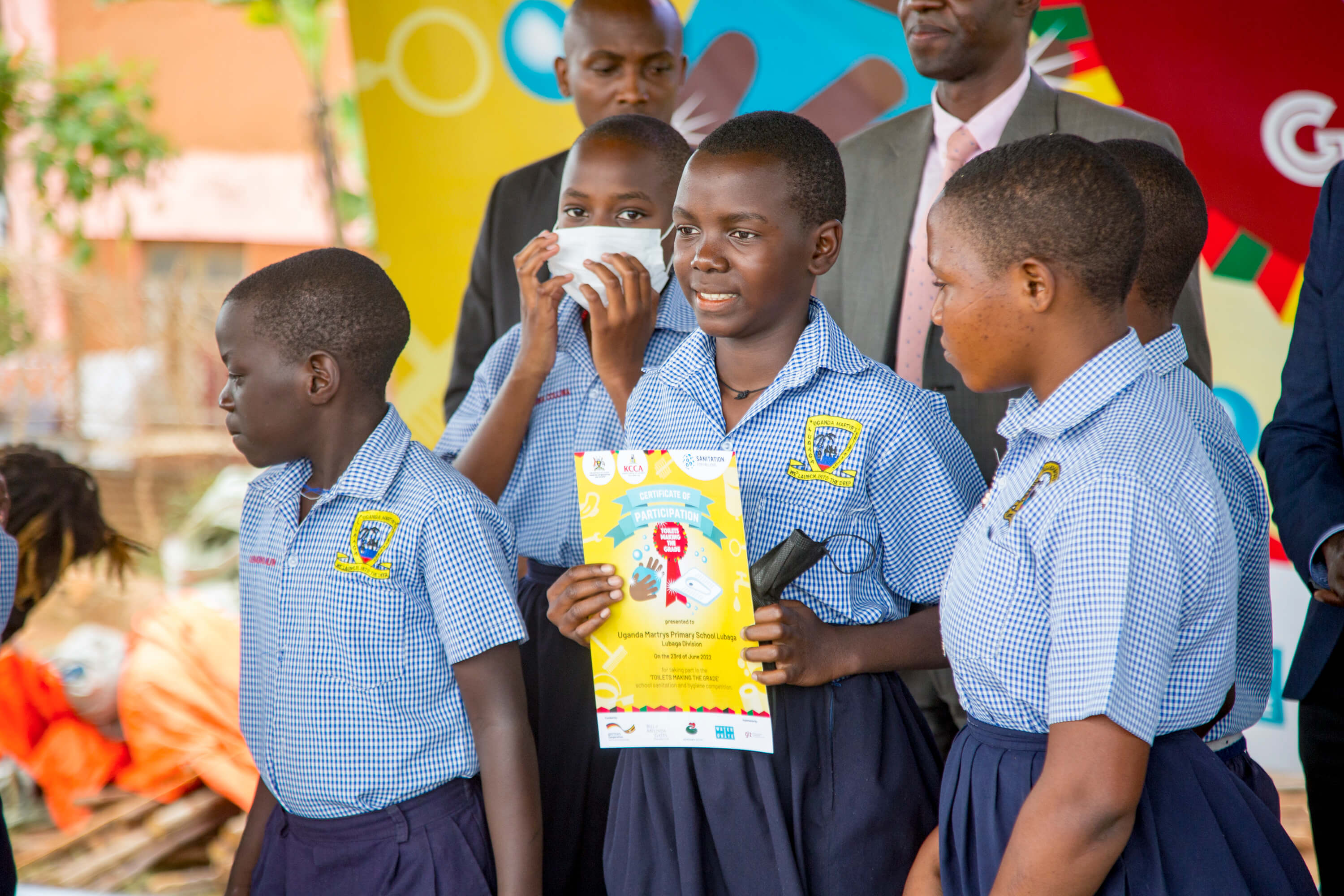
Other schools are Uganda Martyrs Lubaga (Lubaga Division), Kyanja Muslim Primary School (Nakawa Division), Mpererwe Primary School (Kawempe Division) and Kibuli Demonstration (Makindye Division).
The schools were awarded under the Toilets Making Grades’ competition that is being implemented by Kampala Capital City Authority (KCCA) with support from GIZ's "Sanitation for Millions" program.
Schools in Kampala compete for the best improvement of hand washing, sanitation and general hygiene. A total of 68 public primary schools in Kampala competed to become the TMG model school in their area. The schools ensure they have clean toilets and good hygiene which are at the heart of a safe learning environment. Schools like Kyanja Muslim were awarded for innovating a water harvesting system that has helped the school minimize water bills and adapt to waterborne toilets.
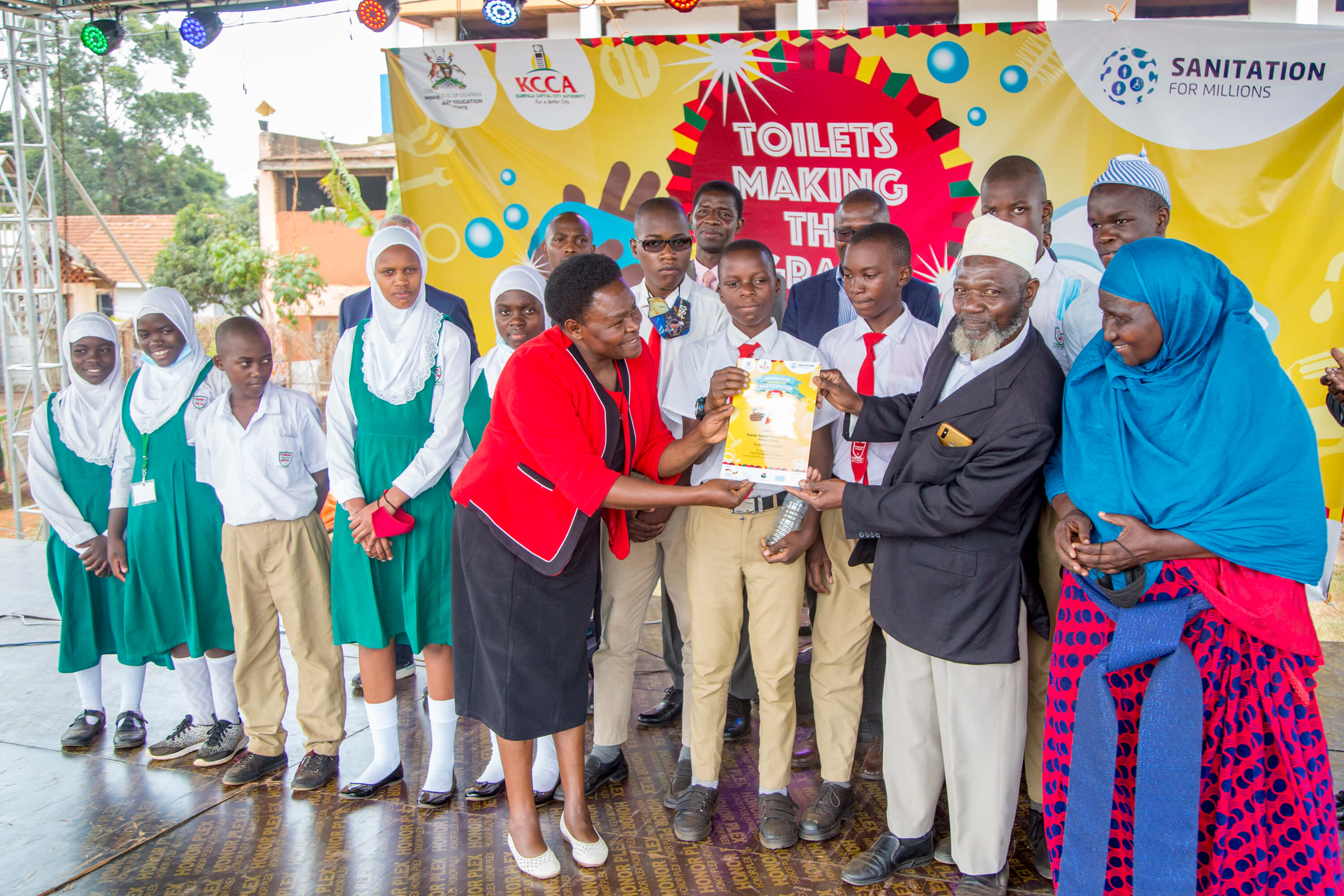
“When GIZ constructed a toilet for us we were worried about the cost of water bills but we constructed an underground water tank and installed a water pumping system,” says Siraje Gyagenda the headteacher.
Buganda Road was recognised for its ability to maintain clean toilets and being able to settle its water bills despite the high population of over 2000 pupils.
Henry Kawalya from the KCCA Manager Inspectorate and Sanitation, says KCCA with support from GIZ has constructed 26 toilets, 340 hand washing facilities and over 20 incinerators in the last two years.
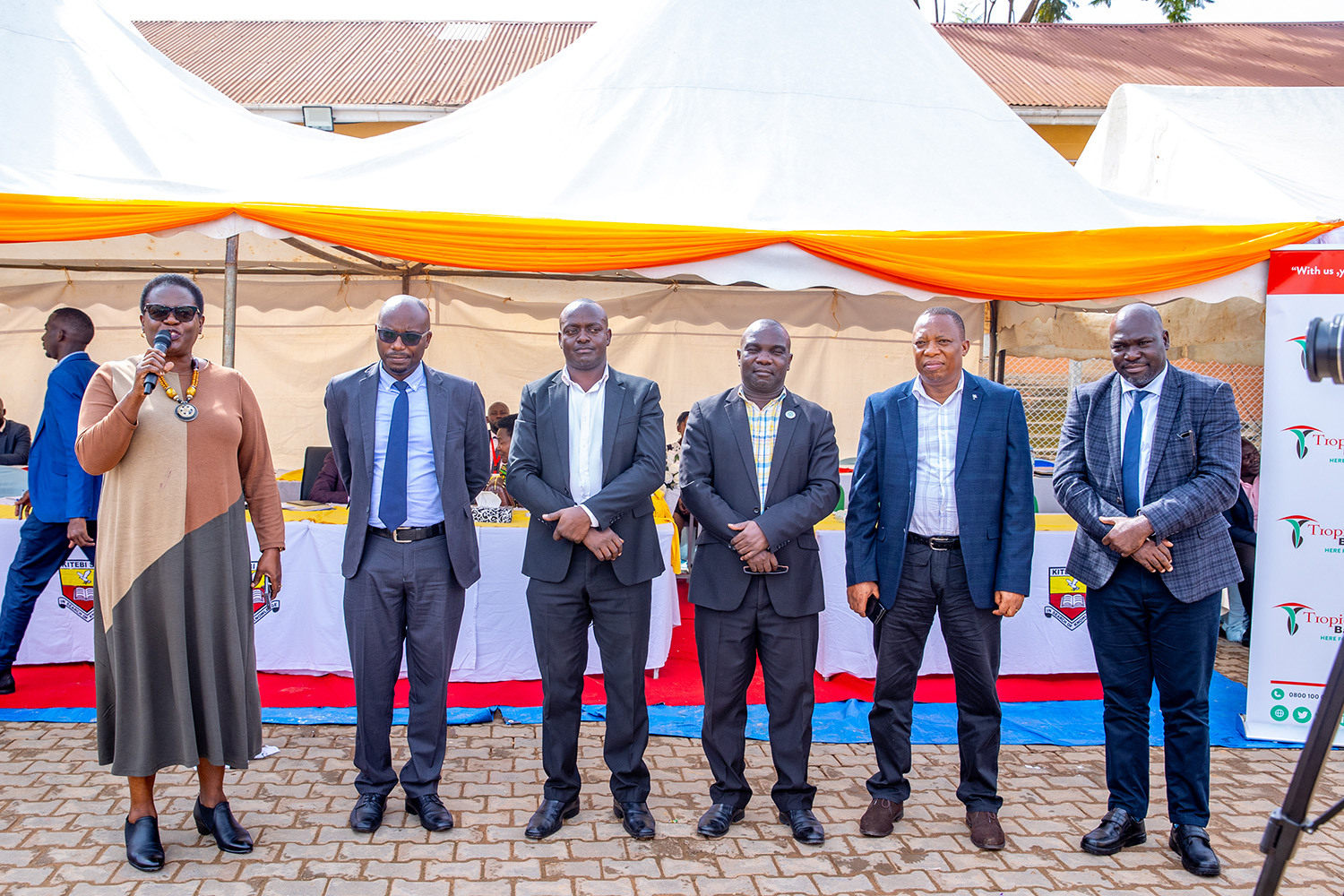
Prosper Lwamasaka, the head of Schools Inspection at KCCA, revealed that the intervention by GIZ has tremendously improved sanitation in schools. “Our toilet pupil ratio has improved by over 200% from 118 children per stance 2017 to 50 children per children per toilet stance. This is incredible,” Lwamasaka says. Not only has the toilet ratio increased but also the quality of the toilets in schools. “The toilet is now an admirable place in our schools and this is increasing child retention and performance,” Lwamasaka said. Dr Michael Klingler, the GIZ Uganda Portfolio manager they are committed to improving school toilet cleanliness.
“Schools are a key place for transforming society and we hope by improving sanitation in schools will have a huge impact on the community where the children live,” Klingler says.
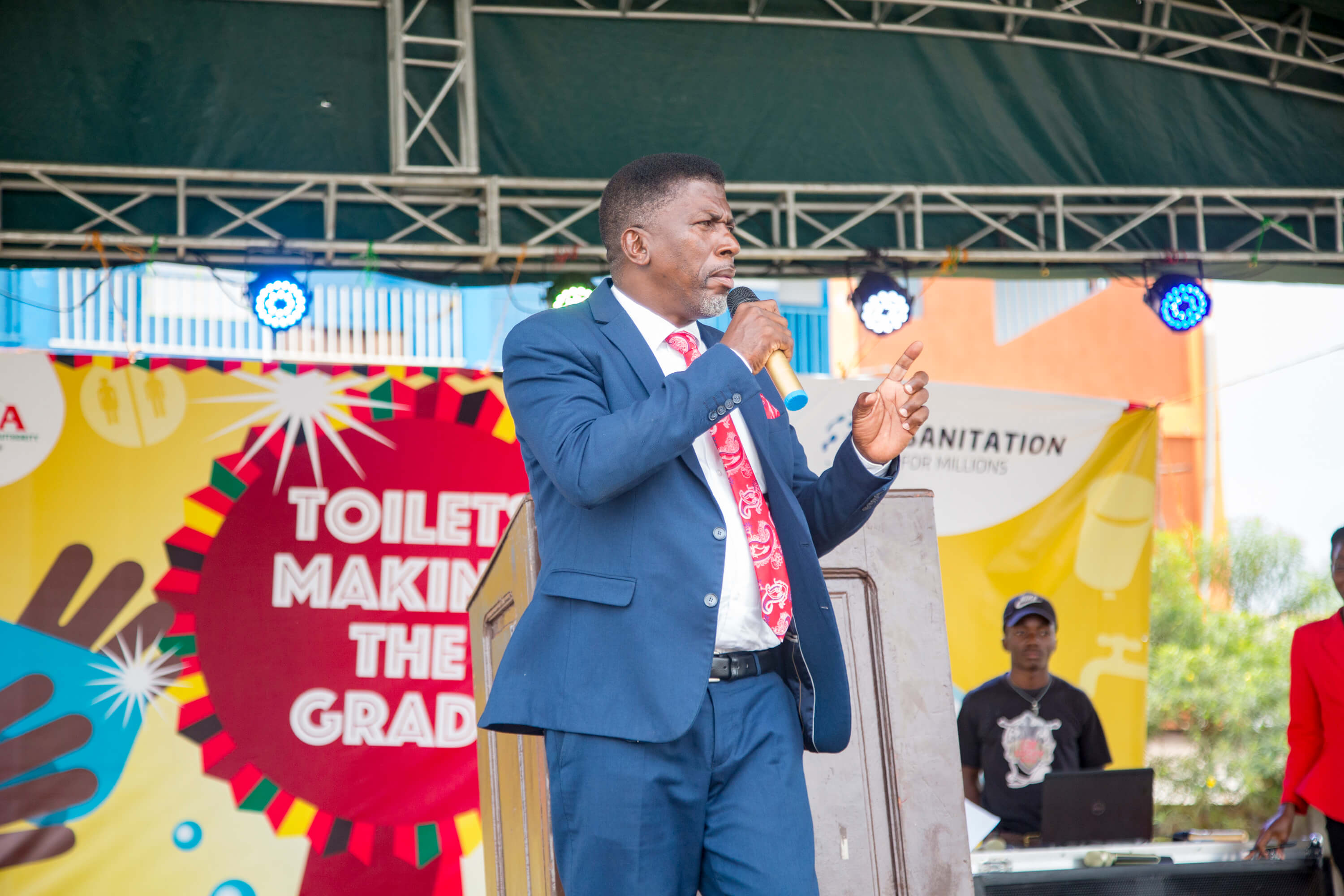
Klingler commended the schools and KCCA for supporting the program to ensure the children and future have good sanitation. Ronald Balimwezo, the Nakawa East MP who is also the TMG ambassador says Ugandans especially schools should ensure the toilet is the cleanest place. “If we get it right with sanitation we will reduce the disease burden, improve performance in schools and reduce the school dropouts,” Balimwezo says. He says that better health means better grades and a productive society. “A diseased community is unproductive; all the money and productive work will be spent in hospital. Let us fight such by using preventive measures like good sanitation,” Balimwezo says.
Sarah Ayesiga the assistant commissioner Special Needs Education commended the Germany government for its continued good working relationship with Uganda. She thanked GIZ for constructing toilets that are all inclusive and have helped children with disabilities to access them.
“The ministry of education has adopted the TMG model and will be scaled across the country to serve millions of children. We will institutionalise it and roll it out in a phased manner,” Ayesiga says. She said improving sanitation should not only end at competitions but should be continuous. The TMG school competition in Uganda centers around improved performance of learners at schools through improved hygiene and sanitation.
News & Announcements
20th, April 2024
12th, April 2024
12th, April 2024
11th, April 2024
5th, April 2024
5th, April 2024
4th, April 2024
2nd, April 2024
28th, March 2024
28th, March 2024


.jpg)
.jpeg)
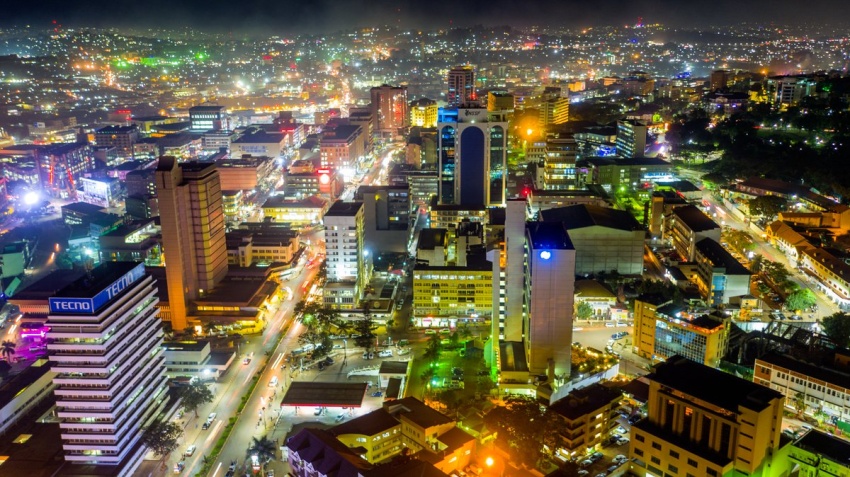
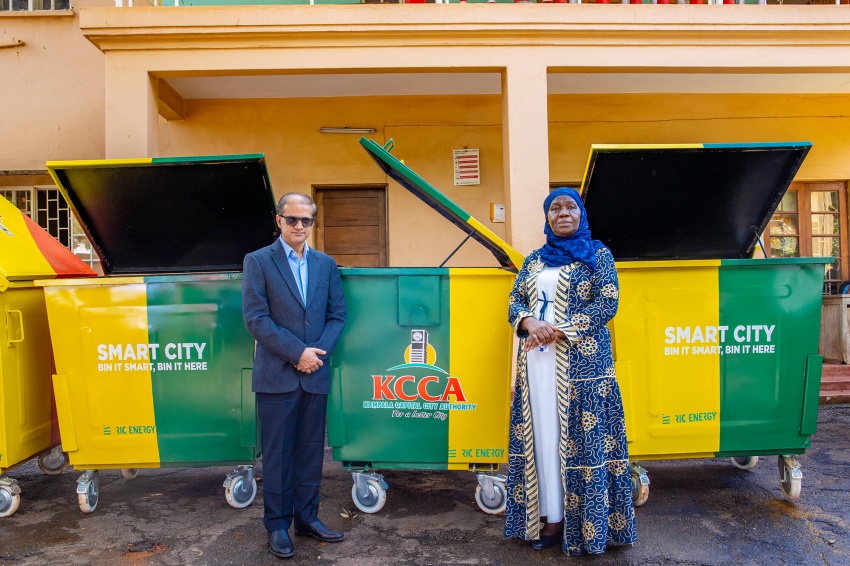
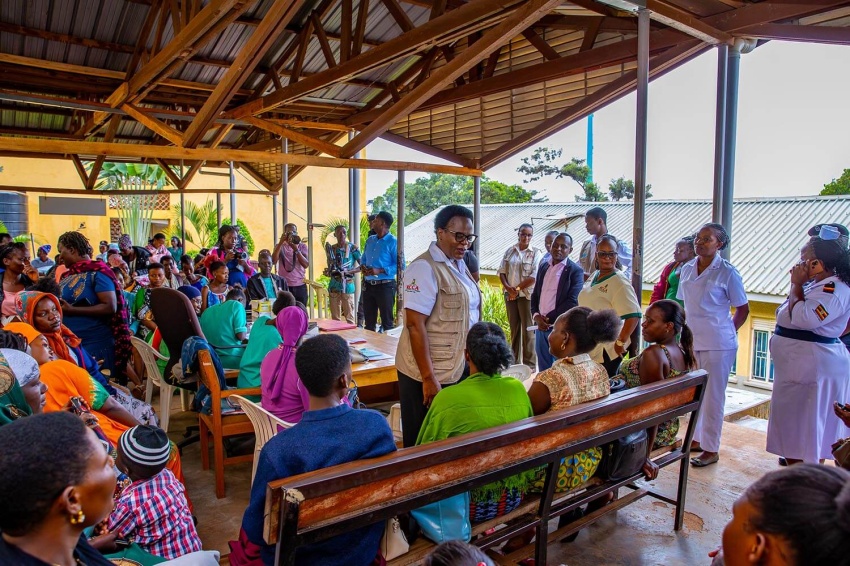
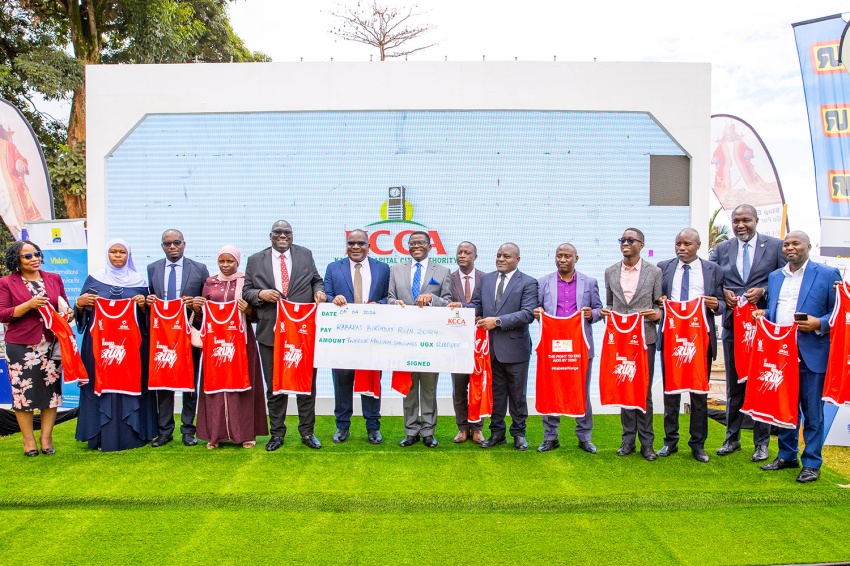
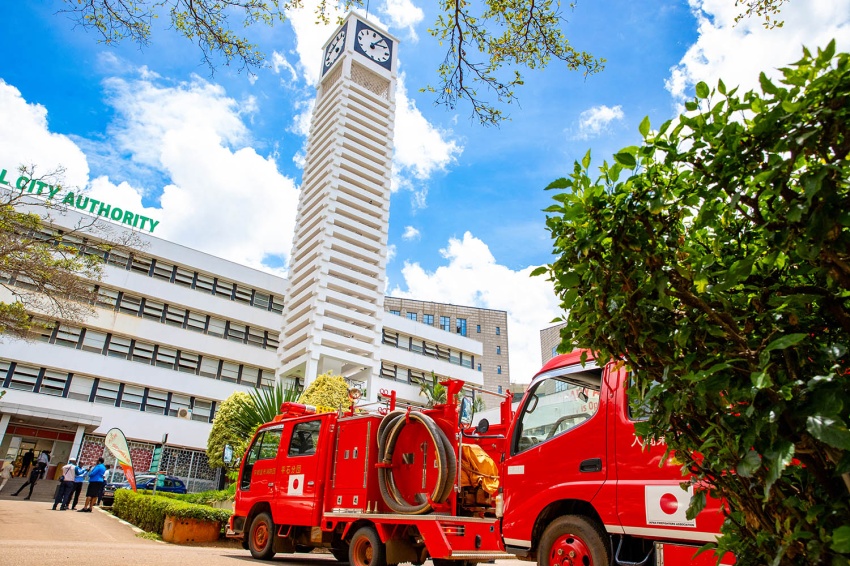
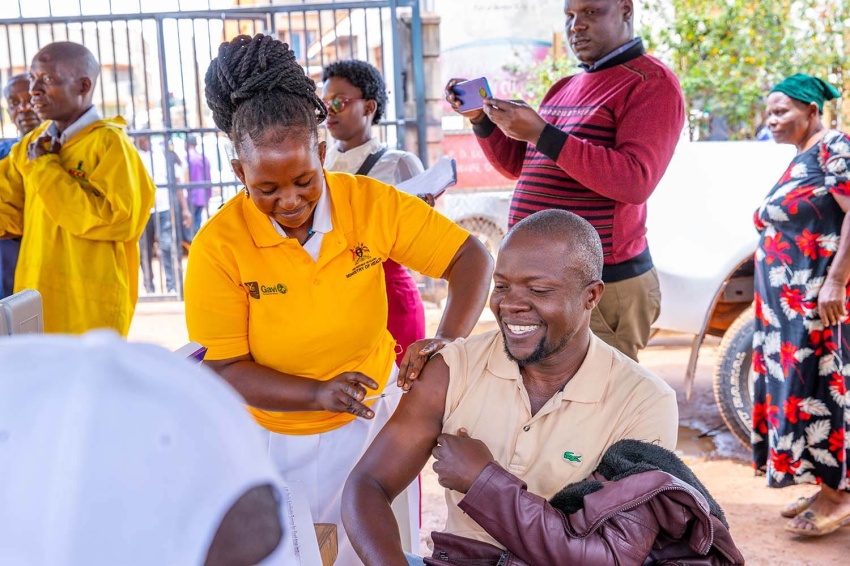

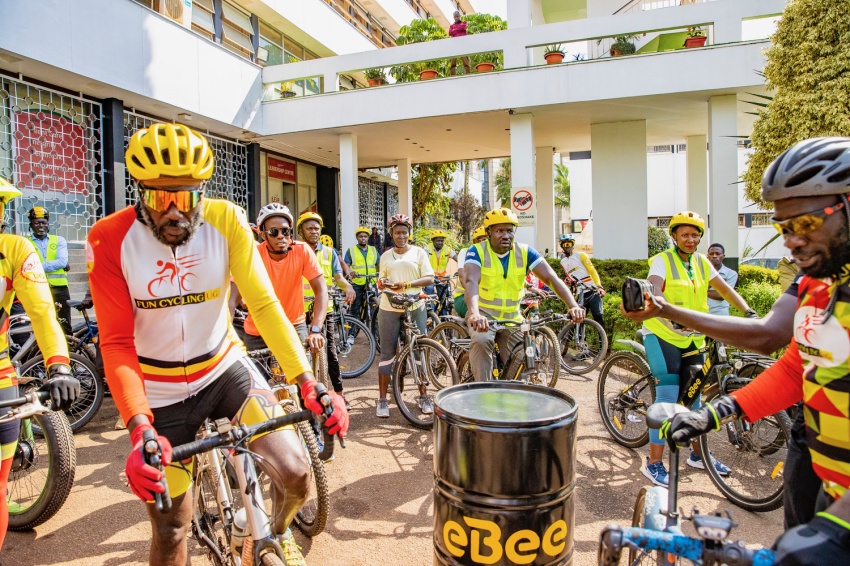









Development partners